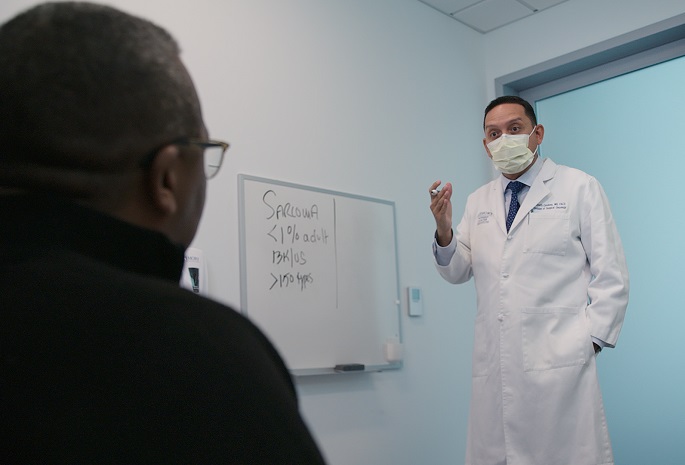For a long time, doctors typically relied on chemotherapy, radiation or surgery to treat cancer. But, with advances in targeted therapies and immunotherapy, patients have more options than ever before. CAR T-cell immunotherapy is one of those very exciting developments.
“CAR T-cell immunotherapy allows us to offer patients a potentially curative intervention,” explains Jonathon Cohen, co-director for the lymphoma program and practitioner in the Department of Hematology and Medical Oncology of Emory University. “This is something that we hope will be applicable to a large number of our patients.”
“This is an ever-expanding topic,” adds Jean Koff, a hematologist who specializes in treating lymphoma at Winship. “It’s important that we stay on top of all the new data that’s coming out and in all the new ways we can help our patients access these novel and effective therapies.”
Learn more about CAR T-cell therapy and if it may be a good option for you.




